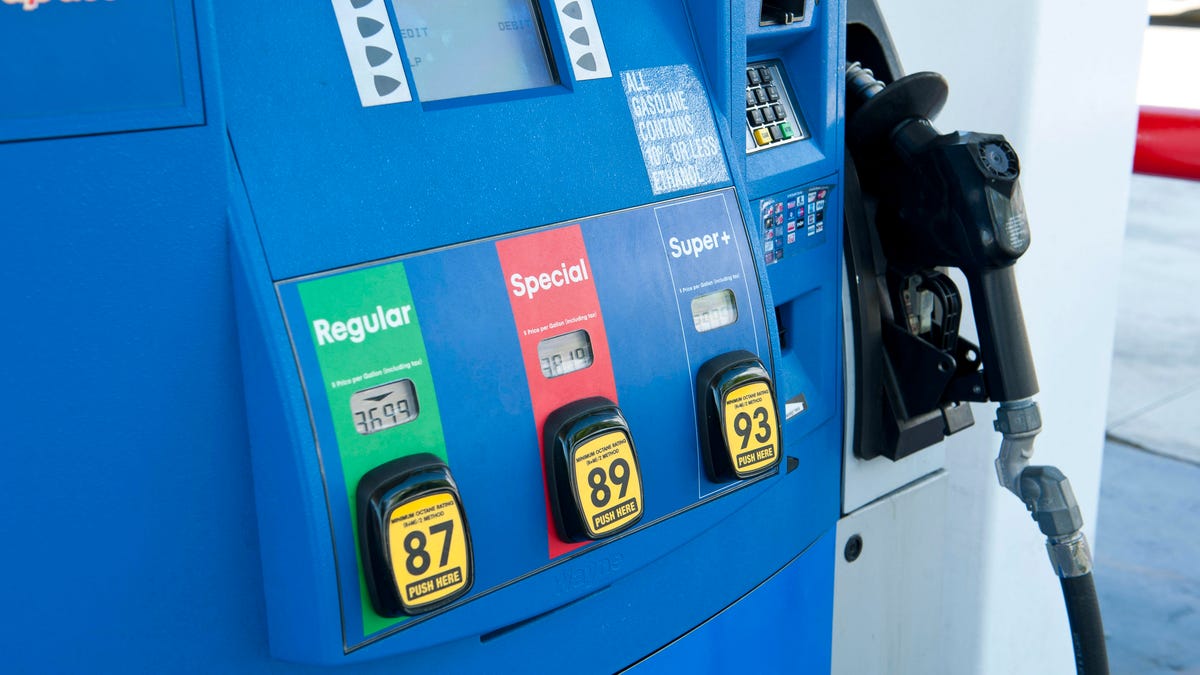Are 'Top Tier' fuels are worth the extra cash? AAA decided to find out
AAA decided it was high time to figure out whether or not these so-called "Top Tier" fuels were worth the money. What it found is a little surprising.
You've probably seen dozens of articles, videos and social media posts telling you what kind of gas you should really be putting in your car, or that premium fuel is a waste of money in most cases, and so on, ad nauseum.
Those stories and videos aren't entirely wrong, but what we haven't seen much of is an investigation into the "Top Tier" fuels that came about in the early 2000s, the logo of which has been a staple of gas flaps on fine vehicles the world over ever since. So, to cut back on speculation, AAA undertook a study to prove whether Top Tier did anything.
Before you start warming up your commenting fingers, when we talk about Top Tier fuel, we don't mean the grade of fuel and its corresponding octane rating. The whole "Top Tier" thing is more about the amount and type of detergents and cleaners in the fuel, not how hard it will make you hit VTEC in your 2004 Civic.
To test whether the Top Tier fuel standard was worth the money, the fine folks at AAA decided to do some science. For its test, AAA ran an engine on a stand for 100 hours before tearing it down, then photographing, measuring and weighing all its components. They ran the experiment six times, with three randomly chosen Top Tier fuels and three randomly chosen standard fuels.
The results of the tests were surprisingly definitive. The engine had 19 times less carbon built up on it after being run with Top Tier fuel than it did with standard gasoline. The AAA test's 100 hours of running worked out to around 4,000 miles for each test, so take those results and extrapolate them out to 40,000 miles or 100,000 miles and you start to get an idea of why manufacturers recommend Top Tier.
AAA also found out that over 12 months, the average difference in price between Top Tier and standard gasoline was only around 3 cents per gallon. So, if you plan on keeping your car for a while and you're able to shell out a few extra bucks on gas in a calendar year, it might be a good thing to try.
(h/t Consumer Reports)


